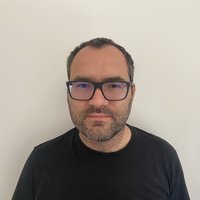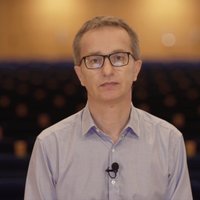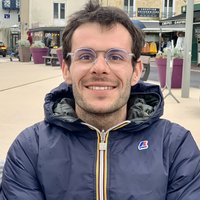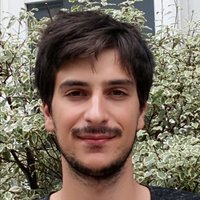Modeling of Infectious Diseases
- Duration: 10 weeks
- Effort: 20 hours
- Pace: ~2 hours/week
- Languages: English and french
What you will learn
At the end of this course, you will be able to:
- Build a model using flow charts
- Identify how flow charts are translated into ordinary differential equations
- Recognize techniques for deriving formulas for the basic reproduction number, R0, and the effective reproduction number, R
- Identify the principles of estimating R0 and R from data
- Recognize the SIR model
- Identify how public health interventions can be modeled using flow charts
Description
We live in a highly interconnected world, where infectious diseases find opportunities to spread globally, like never before in the history of mankind. This raises new challenges in public health for epidemiologists, medical doctors and biologists alike, engaged in the prevention and treatment of infectious diseases. Mathematical and computational models can contribute in this cross-disciplinary, concerted effort. They can make short-term predictions on how epidemics progress, help analyze scenarios on epidemic outcome and inform about the impact of public health interventions.
Format
This MOOC is composed of 5 teaching chapters. Each chapter has 1 to 7 sequences. Each sequence consists of a video of about 10 minutes and a MCQ so that students can test their knowledge. The videos are in English with French and English subtitles.
Prerequisites
We recommend a good scientific background (such as a bachelor of life science).
Assessment and certification
To follow this course, you can choose between two options:
- The Discovery Course gives access to videos, quizzes and discussions in the forum. No certificate is issued for this course. Registration is free.
- The Qualifying Course leads to a certificate. In addition to the activities of the Discovery Course, you will have to take a one-hour supervised distance learning exam, consisting of 30 multiple-choice questions (MCQs) and obtaining 18 correct answers. The registration fee for the Qualifying Course is 150€.
Successful completion of the Qualifying Course gives you the opportunity to apply for the Institut Pasteur Online Diploma of Infectious Diseases (DNM2IP), which consists of 5 certificates to Institut Pasteur MOOCs on infectious diseases. To learn more, visit the Institut Pasteur's web page dedicated to this diploma.
Course plan
- C1-1 Histoire et philosophie de la modélisation mathématique des maladies infectieuses
- C2-1 Compartmental models and flow diagrams
C2-2 Intervals of interest in infectious diseases
C2-3 Modeling multiple strains and cross infections
C2-4 Mixing models and transmission models
C2-5 How to write a deterministic model based on a flow diagram?
- C3-1 The SIR model: formulation, analysis, discussion
C3-2 Estimating R - time dependent
C3-3 A more complete SIR model
C3-4 SIR versus practice
- C4-1 R0 and R calculation: a general recipe
C4-2 Example 1: R0 of the SIR model
C4-3 Example 2: R0 of the SEIR model
C4-4 Example 3: R0 for a vector-borne disease model
C4-5 Example 4: R0 for a 2-patch model for HIV
C4-6 Estimating R0 and R - exponential growth vide
C4-7 The R0 review
- C5-1 Understanding the effect of interventions
C5-2 Modeling interventions: A complex example
C5-3 Interventions: Mask use, prophylaxis, therapy
C5-4 Interventions: Isolation, quarantine, traffic limitations
C5-5 All intervention in one model
Course team
Romulus Breban
Categories
Pierre-Yves Boëlle
Categories
Thomas Cortier
Categories
Antoine BRAULT
Categories
Organizations
License
License for the course content

Attribution-NonCommercial-NoDerivatives
You are free to:
- Share — copy and redistribute the material in any medium or format
Under the following terms:
- Attribution — You must give appropriate credit, provide a link to the license, and indicate if changes were made. You may do so in any reasonable manner, but not in any way that suggests the licensor endorses you or your use.
- NonCommercial — You may not use the material for commercial purposes.
- NoDerivatives — If you remix, transform, or build upon the material, you may not distribute the modified material.
License for the content created by course participants

All rights reserved
"All rights reserved" is a copyright formality indicating that the copyright holder reserves, or holds for its own use, all the rights provided by copyright law.






